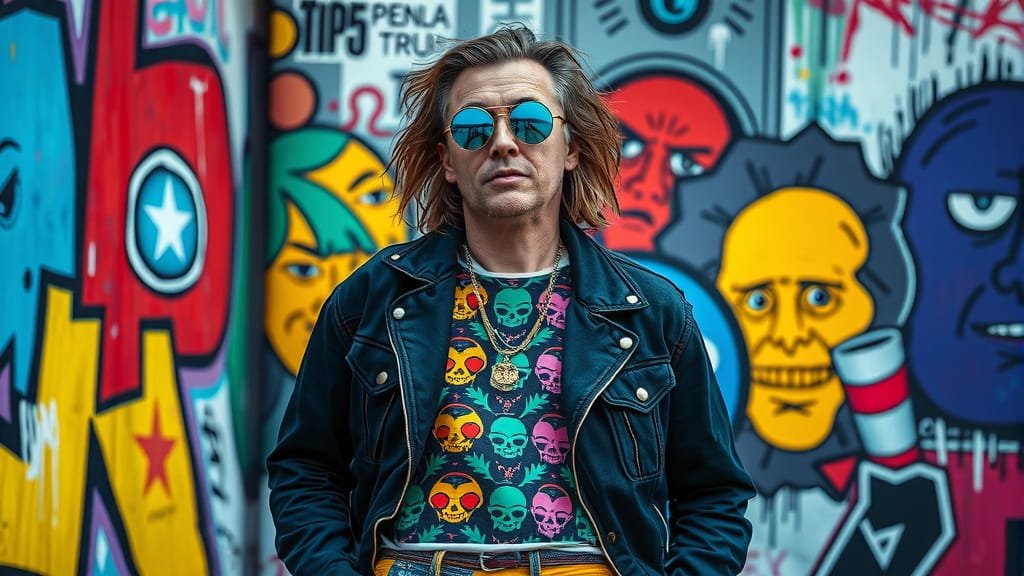Practical Steps Toward Self-Governance and Freedom
Nonconformity is more than just a rebellious streak; it is a deliberate choice to step away from the familiar paths paved by societal expectations and entrenched power systems. For those of us who move in circles that value anarchism and nonconformity, living authentically means embracing the responsibility and the challenge of creating alternative ways of being, seeing, and governing.
The journey toward true freedom begins with personal conviction but flourishes through community. Self-governance isn’t a theoretical ideal; it is a lived practice that requires practical steps, shared effort, and a vision rooted in respect and reciprocity.
Embracing Nonconformity as a Way of Life
Living nonconformity is about cultivating an identity that refuses to be defined by dominant narratives, whether political, cultural, or economic. It means questioning the stories offered to us by “the system” and choosing to carve out spaces where different values can thrive.
This path isn’t about chaos or anarchy in the colloquial sense; it’s about creating order that serves the many rather than the few. It’s about building relationships founded on mutual aid, where power is decentralised and collective decision-making is the norm.
To live nonconformity means accepting discomfort, because stepping off the beaten track is never easy, but doing so with courage and clarity.
Practical Steps to Build Self-Governing Communities
If the ideal of self-governance feels distant or abstract, the good news is that it can start with small, grounded actions:
1. Form Local Assemblies or Circles
Begin by gathering like-minded people in your community to discuss shared concerns and aspirations. Regular meetings can foster trust and a sense of collective ownership. These assemblies act as incubators for decision-making rooted in consensus rather than hierarchy.
2. Develop Mutual Aid Networks
Self-governance thrives on cooperation. Organise systems where members support each other, sharing food, skills, childcare, transportation, or education. Mutual aid builds strength and resilience beyond formal institutions.
3. Experiment with Consensus Decision-Making
Try moving away from majority rule toward consensus processes that seek to integrate diverse perspectives. Though challenging, consensus fosters inclusivity and greater commitment to agreed decisions.
4. Educate and Share Knowledge Openly
Establish community workshops, skill-sharing sessions, or educational resources that empower everyone. Decentralised education helps dismantle dependency on top-down systems and fosters autonomy.
5. Use Decentralised Technology Thoughtfully
Leverage open-source communication platforms, encrypted messaging, or local networks that resist surveillance and central control. Technology, when wielded with care, can enhance self-governance rather than undermine it.
The Power and Limits of Nonconformity
While nonconformity can be a beacon, it is not without challenges. Social pressure, resource constraints, and institutional pushback can test the resolve of nonconformists and communities striving for autonomy.
However, acknowledging these obstacles is part of navigating them. Nonconformity paired with pragmatic action builds viable alternatives to the status quo rather than mere protest.
Cultivating a Supportive Mindset
The journey toward living nonconformity and self-governance demands more than tactics; it asks for resilience, openness, and humility. Developing a mindset that embraces gradual progress, values diverse voices, and holds space for dialogue is essential.
Remember, freedom is not a moment but a process, a series of choices reaffirmed daily.
What’s Next? Your Role in Creating Change
No one individual can dismantle entrenched systems alone. But each of us, by living with intention and courage, contributes to the mosaic of freedom.
Nonconformity is less about standing apart and more about weaving together new patterns of living, patterns grounded in respect, care, and shared power.
Embrace your role as part of this unfolding story. Together, communities can embody the kind of education, governance, and freedom that renew hope and possibility for all.
Until Next Time

Discover more from Dominus Owen Markham
Subscribe to get the latest posts sent to your email.

